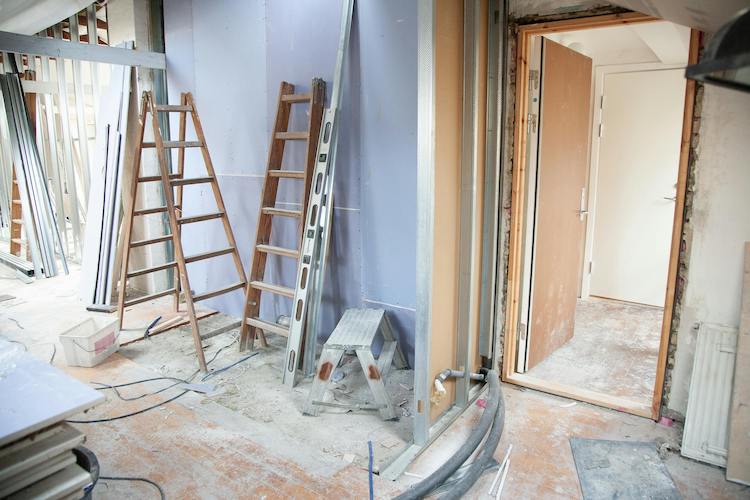Picking the correct dumpster size is important for construction projects, home improvements, or big cleanouts. Understanding your specific needs and the types of heavy debris you’ll be handling can streamline the process of selecting the appropriate dumpster size. In this guide, we’ll explore practical considerations and expert tips to help you determine what size dumpster suits your project best.
Assessing Your Project’s Requirements
Before deciding on a dumpster size, it’s essential to assess the scope and nature of your project.
Understanding Types of Debris
Different projects generate varying types of debris. For construction projects, you might be dealing with heavy materials like concrete, asphalt, or bricks. Home improvement projects often produce household items such as furniture, appliances, and renovation materials.
Yard waste from landscaping projects can include branches, grass clippings, and soil. Understanding the different types of trash you will find can help you figure out how big of a dumpster you need.
Considering Weight Limits
Most dumpsters have weight limits to ensure safe transportation and disposal. Heavy materials like concrete or dirt can quickly reach these limits, requiring larger containers or multiple hauls. Understanding weight restrictions ensures you avoid overloading the dumpster and incurring additional fees.
Matching Dumpster Size to Project Scale
Selecting the right dumpster size involves balancing capacity with functionality.
Small to Medium-Sized Projects
For smaller projects such as garage cleanouts, minor renovations, or small landscaping jobs, a smaller dumpster may suffice. These projects typically produce less waste.
Small roll-off dumpsters can easily handle the debris. These dumpsters are designed to fit in residential driveways or tight spaces. Managing the waste from these projects is simple.
Large-Scale Projects
Major construction or demolition projects demand larger dumpsters capable of handling substantial volumes of debris. Big roll-off dumpsters are great for construction debris like drywall, lumber, and metal, as they offer plenty of space. Their capacity minimizes the need for frequent pickups, optimizing efficiency and workflow on-site.
Practical Considerations for Dumpster Sizing and Placement
Where you place the dumpster can impact accessibility and project efficiency.
Ease of Use and Convenience
Consider where the dumpster will be placed relative to your project site. Easy access facilitates efficient loading and minimizes labor hours spent transporting debris. Ensure there is ample space for the dumpster to be easily dropped off and picked up.
Take into account any overhead wires, trees, or obstacles. This will help facilitate the process and prevent any potential issues.
Local Regulations and Permits
Check local regulations regarding dumpster placement and permits. Some municipalities require permits for placing dumpsters on public property or sidewalks. Compliance with these regulations avoids potential fines and ensures a smooth rental experience.
Customer Service and Support
A reputable dumpster rental service can provide valuable guidance and support throughout your project:
Expert Advice
Experienced rental providers offer insights into choosing the right dumpster size based on your project specifications. They understand the nuances of different types of debris and can recommend appropriate solutions to meet your needs efficiently.
Responsive Support
Good customer service extends beyond initial inquiries. Look for rental companies that offer responsive support throughout your rental period, addressing any questions or concerns promptly. Clear communication ensures a seamless experience from delivery to final pickup.

Dumpster Dimensions and Other Considerations
Selecting the right dumpster size is a crucial step in managing waste effectively during construction projects, home renovations, or large cleanouts. By assessing your project’s scope, understanding the types of debris involved, and considering practical factors like weight limits and placement logistics, you can choose a dumpster size that maximizes efficiency and minimizes costs.
Whether you’re tackling a DIY home improvement project or overseeing a major construction site, our industry experience emphasizes the importance of thoughtful planning and informed decision-making when it comes to dumpster rentals.
By partnering with a trusted rental provider and taking these considerations into account, you can ensure that your waste management needs are met with reliability and efficiency, leaving you to focus on what matters most—successfully completing your project goals. The experts at ALC Disposal are here to answer any of your questions. Give us a call today!


